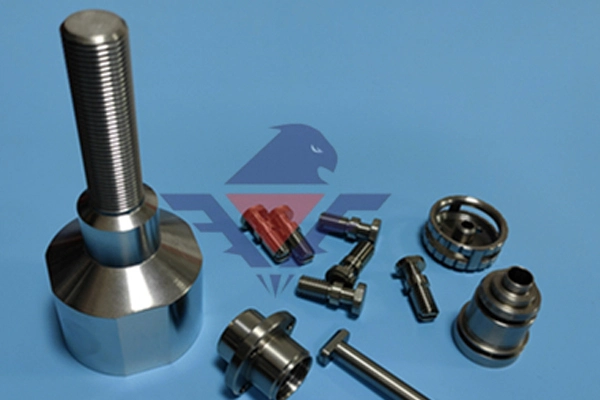
。
# Precision Swiss Machining for Complex Components
## What is Swiss Machining?
Swiss machining, also known as Swiss screw machining or Swiss turning, is a specialized manufacturing process that excels in producing high-precision, complex components with tight tolerances. Originating from Switzerland’s watchmaking industry, this advanced technique has evolved to serve various industries requiring intricate parts with exceptional accuracy.
## The Advantages of Swiss Machining
Swiss machining offers several distinct benefits that make it ideal for manufacturing complex components:
– Exceptional precision with tolerances as tight as ±0.0002 inches
– Ability to machine long, slender parts without deflection
– Simultaneous multi-axis machining capabilities
– Reduced secondary operations due to complete part machining in one setup
– Excellent surface finishes achievable without additional processing
Keyword: Swiss Machining
## Key Applications of Swiss Machining
This precision manufacturing method finds applications across numerous industries:
### Medical Device Manufacturing
Swiss machining produces surgical instruments, implants, and diagnostic equipment components that demand micron-level accuracy and biocompatible materials.
### Aerospace Components
The aerospace industry relies on Swiss machining for critical flight components, fuel system parts, and sensor housings that must withstand extreme conditions.
### Electronics and Connectors
Precision connectors, contacts, and miniature electronic components benefit from Swiss machining’s ability to work with conductive materials while maintaining tight specifications.
## Materials Suitable for Swiss Machining
Swiss machining centers can work with a wide range of materials, including:
– Various grades of stainless steel
– Titanium and titanium alloys
– Brass and copper alloys
– Aluminum
– Plastics (PEEK, Delrin, etc.)
– Exotic alloys (Inconel, Hastelloy, etc.)
## Choosing the Right Swiss Machining Partner
When selecting a Swiss machining provider for your complex components, consider these factors:
– Experience with similar parts and materials
– Quality certifications (ISO 9001, AS9100, etc.)
– Inspection capabilities (CMM, optical comparators, etc.)
– Prototyping and production volume flexibility
– Technical expertise in material selection and design optimization
## The Future of Swiss Machining
As industries continue to demand smaller, more complex components with tighter tolerances, Swiss machining technology evolves to meet these challenges. Advancements in machine tool technology, cutting tools, and automation are pushing the boundaries of what’s possible in precision manufacturing.